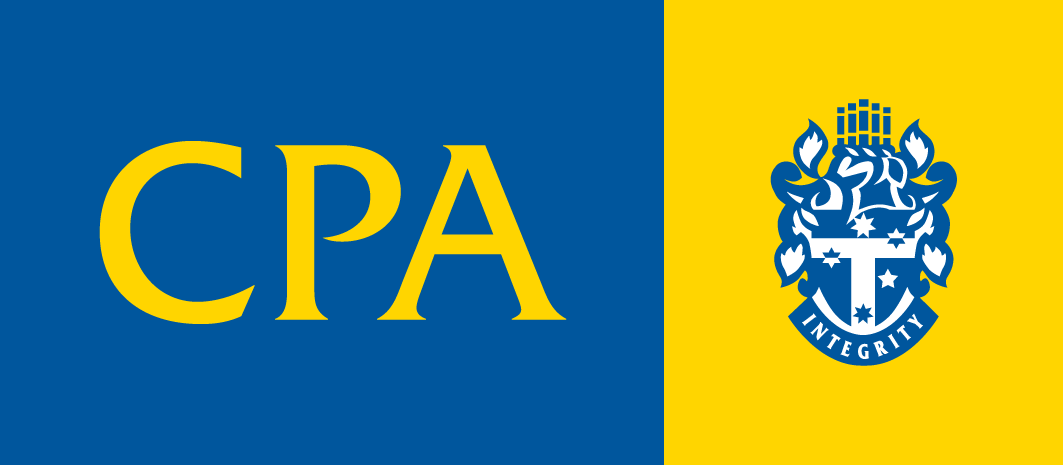PROTECTING YOUR FAMILY
Do you know who would get your super if you passed away?
Many people wrongly assume that their superannuation will pass to their beneficiaries according to their will. In fact, this will only happen if your estate is the recipient of your superannuation death benefit. Legally, your superannuation fund can pay your death benefit to your spouse, and any of your dependants or your estate, at its discretion.
Estate planning
If your assets are more complex and you would like to share your wealth with many loved ones, an estate plan is essential.
What you need to know
Many (although not all) superannuation funds allow you to override this situation by making what is known as a binding death benefit nomination. This is a written nomination made by you, which directs your superannuation fund on how to pay your death benefit. There are several types of death benefit nominations, including non-binding options.
As part of your estate plan, you also need to consider the taxation implications of how your death benefit is dealt with. Lump sum payments paid to dependants (as defined under income tax laws) are tax free. Taxable components paid to non-dependants are subject to tax.
Count on us
A Count adviser can help you:
- Put in place a death benefit nomination
- Get started on your estate plan
Get in Contact
 Count
Count
 CPA
CPA
